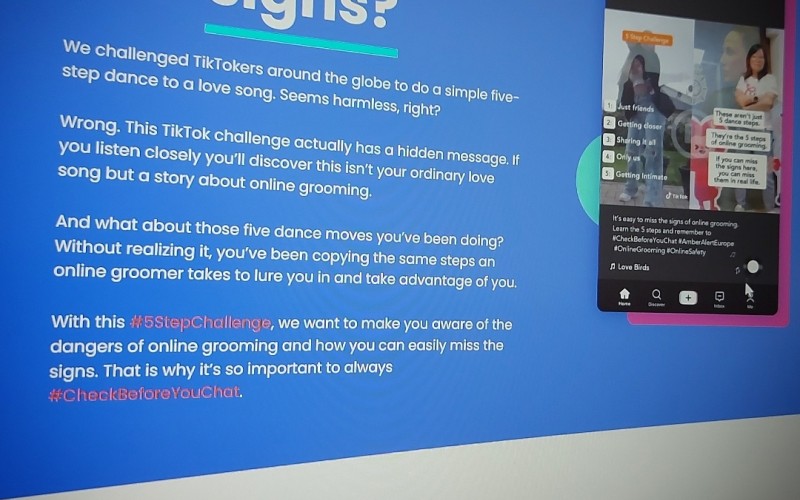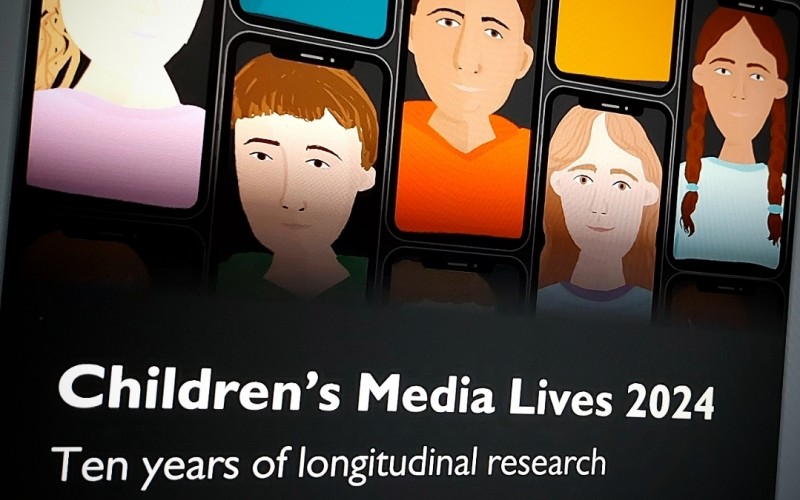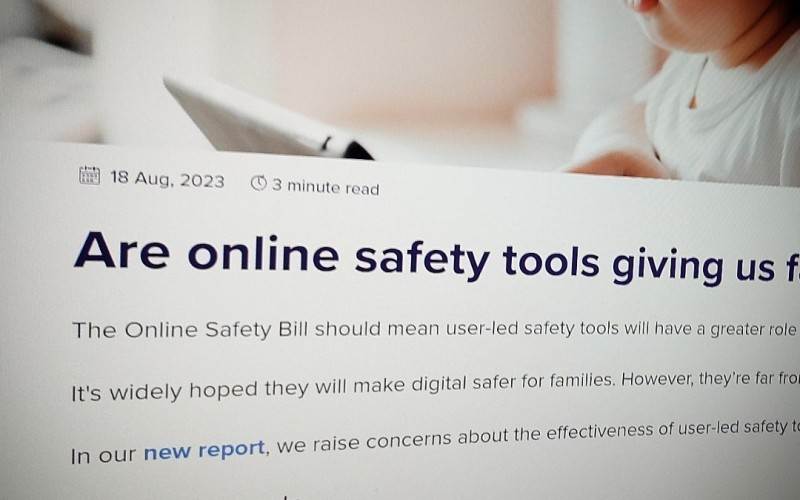A TikTok dance resource for adults and young people designed to raise awareness about online grooming.
Useful resources for Parents and Carers
As in all Ofcom's reports, Ofcom provides detail about different groups of children, highlighting age, socioeconomic background and gender wherever it is useful or possible to do so.
When Ofcom first commissioned this longitudinal study 10 years ago, several of the children in this year’s research weren’t yet born. It was 2014, later dubbed the “year of the selfie”1 in the wake of that year’s icebucket challenge2, the #nomakeupselfie3 and the “selfie that broke Twitter”. A year of laughs, cold-water gasps, attempts at authenticity and a group of famous people who took their own picture at the Oscars.
AI content farms are taking over the internet, and NewsGuard analysts track their spread. Read more about AI content farms, and how they are proliferating:
Parentzone; 'The Online Safety Bill should mean user-led safety tools will have a greater role to play in how we go online.
It's widely hoped they will make digital safer for families. However, they’re far from a perfect solution.
In our new report, we raise concerns about the effectiveness of user-led safety tools.'
“Terms of Service; Didn't Read” (short: ToS;DR) is a project started in June 2012 to help fix the “biggest lie on the web”: almost no one really reads the terms of service we agree to all the time.






Comments
make a comment